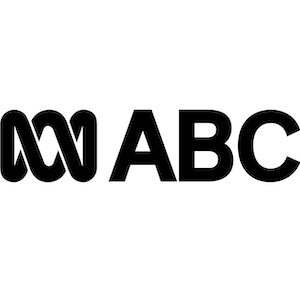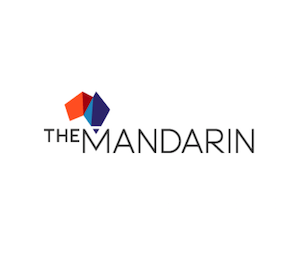By Sandra Edmunds, The Fifth Estate | 9 June 2016
Special Report: With development rampant across major Australian cities, many residents feel like they’ve lost a say in what happens to their communities. Public consultation seems token, and deals appear to be stitched up before concerned citizens can put in their two cents.
Communities are frustrated and angry.
It’s in this fraught environment that an alternative governance model known as a citizens’ jury is beginning to pop up more frequently as local and state government grapple with how to involve communities in public decision-making.
Citizens’ juries are operating in the City of Melbourne and the City of Greater Bendigo in Victoria, NSW’s Eurobodalla Shire and South Australia, and now Sydney’s Greater Sydney Commission is looking to go down the same route.
Independent non-partisan research organisation newDemocracy is responsible for rolling out many of the juries. Executive director Iain Walker says the organisation selects its projects in the areas where governments are least likely to gain public trust – crime, tax and urban planning.
“Think of all the decisions where there’s kicking and screaming,” he says.
A chance to participate
newDemocracy founder Luca Belgiorno-Nettis says there is a rigorous argument for random recruitment as a representative process of democratic engagement.
“We think the process of democracy has become unnecessarily adversarial and the election processes per se tend to make that adversarial context,” he says.
According to Belgiorno-Nettis, even governments themselves are beginning to recognise that best practice public engagement is, in fact, citizen jury-type models.
“It’s not your town hall meetings, it’s not your quantitative surveys, it’s not your focus groups, because each one of those fall short in a number of areas, not least of which is in fact representation, let alone deliberation.”
Planning raises its head as a hot issue
Elizabeth Farrelly, associate professor at the University of NSW Graduate School of Urbanism and Sydney Morning Herald columnist, says the model is a very interesting idea and not just for planning either.
“We need ways of ensuring that the peoples’ voice is effective, and it’s not being effective,” she says. “For the first time since I’ve been in Australia, planning is now a hot issue. There is fury all over this state right now – coal seam gas, motorways, wetlands being built on, public land being sold off everywhere, trees being cut down. People are just furious about what is happening and clearly that is not being heard.”
Farrelly emphasises it’s important to thoroughly educate jurors on the issue at stake.
“I think you have to provide them with enough intellectual resources to do the job properly,” she says. “So it’s not just straight pluck people out of the pool and put them into a decision-making position.”
Developing a trade-off mindset
Walker points to the City of Melbourne’s 2014 People’s Panel and the City of Canada Bay in inner west Sydney Policy Panel as successful examples of the model.
“We have to get out of this wish-list mindset and into one of a trade-off mindset, and that is really the challenge of our democracy,” he says. “Democracy is not the vote, democracy is not simply a law of large numbers; it’s about taking an informed public decision that reflects the will of the people.”
Belgiorno-Nettis points out that the City of Canada Bay citizens’ jury was able to accept high-rise development for Rhodes in return for community facilities.
“When they looked at the developer contributions associated with that high rise, they were not really that fazed with having high rise given the sort of developer contributions that were coming back,” he says.
The full article HERE



